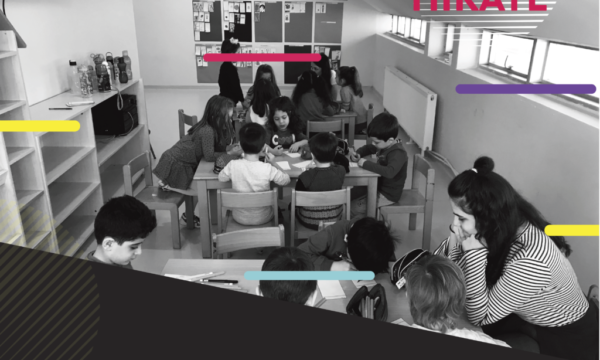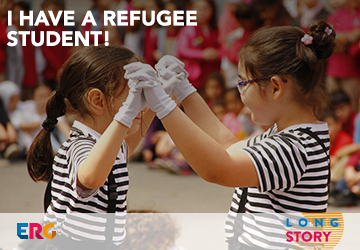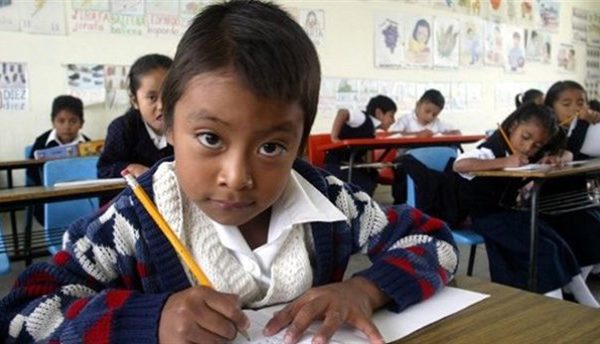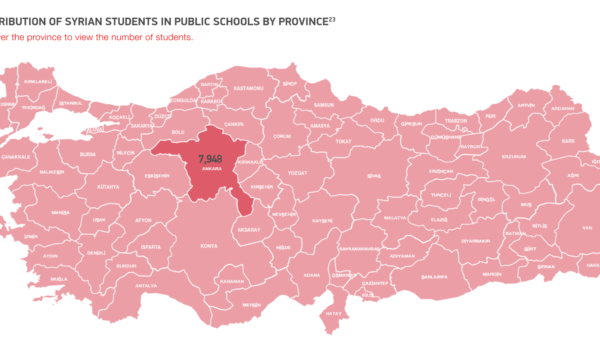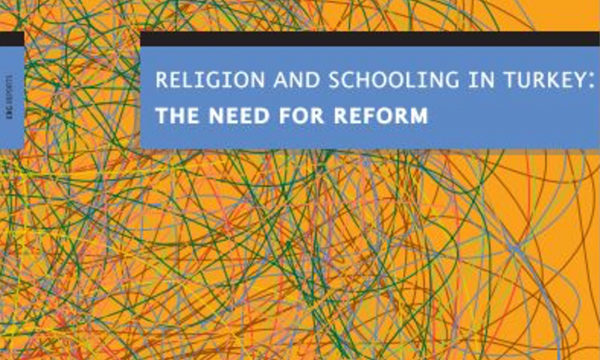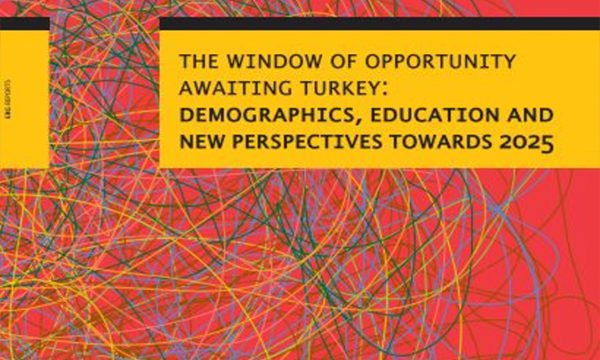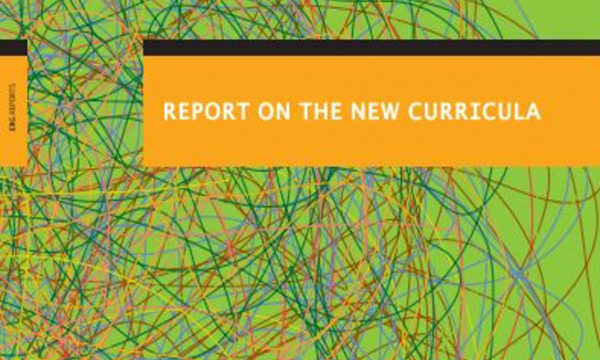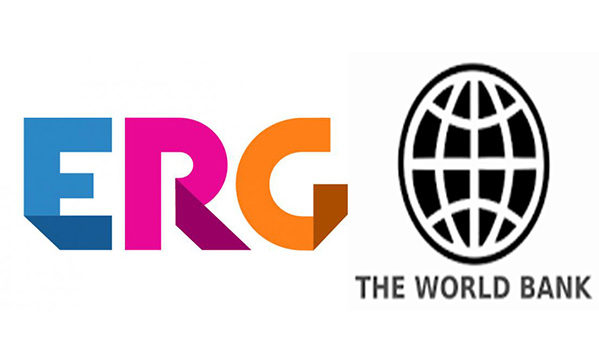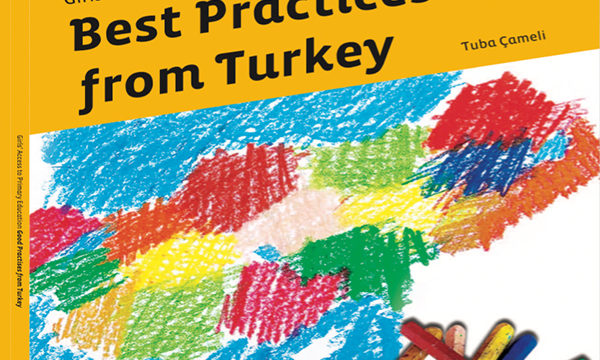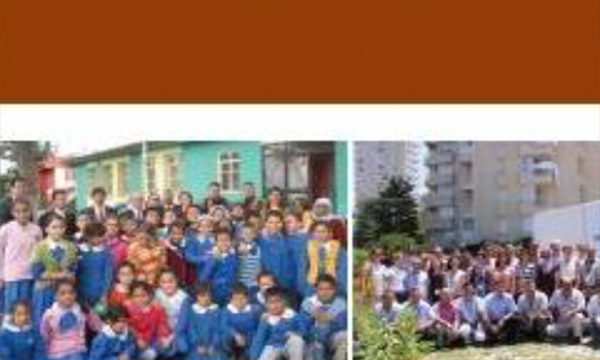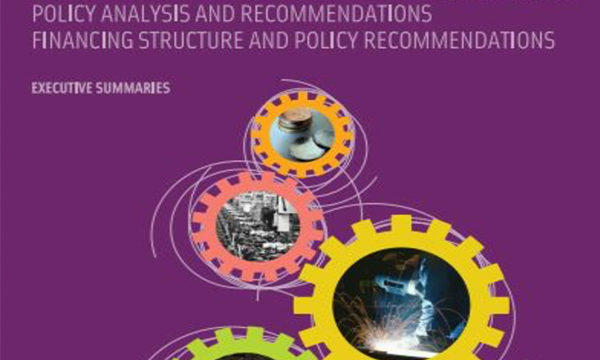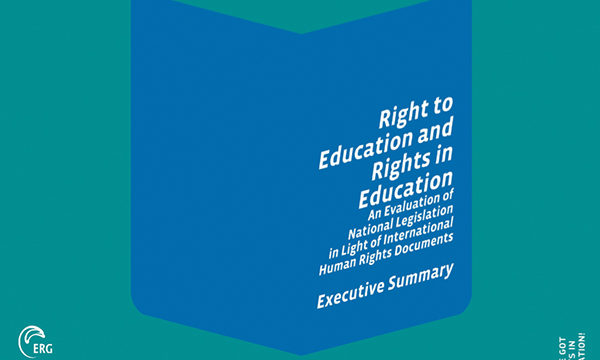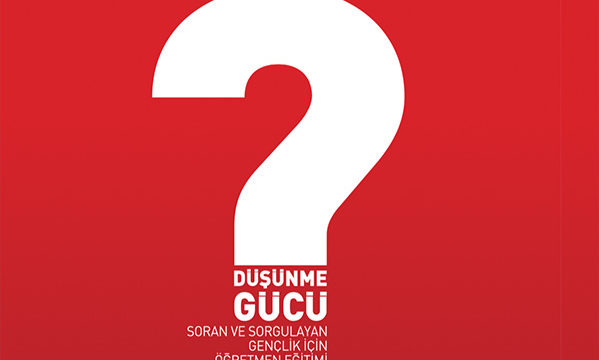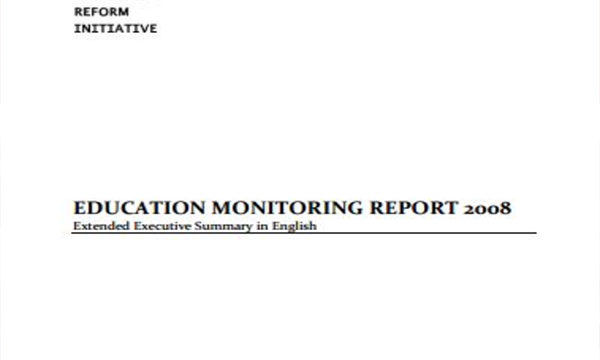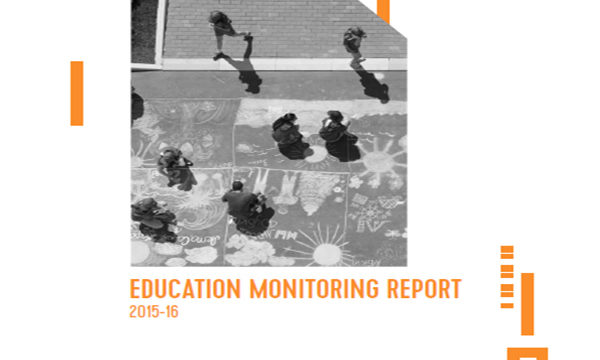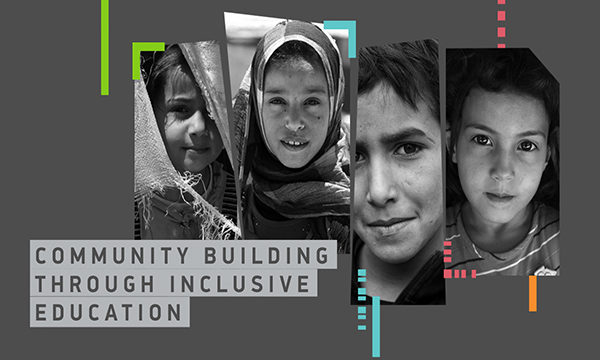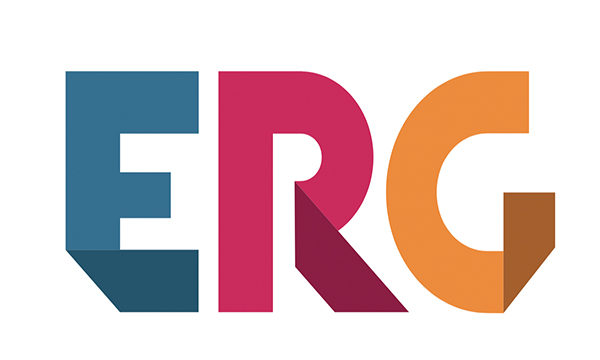Hürriyet Daily News
A recent draft law that proposes to redefine the terms of mandatory education in Turkey opens up a debate among educators who claim that Turkey needs a more qualified education system rather than new terms

Turkey’s new education project that will gradually replace traditional textbooks with electronic boards and tablet PCs was welcomed by many educators and students.
A group of deputies presented a draft law to Parliament yesterday to increase the term of mandatory education in Turkey to 12 years.
The draft law proposes to redefine the terms of mandatory education in Turkey on the basis of three tiers, with each tier consisting of four years of schooling. The first two tiers of education will consequently be defined as primary education, while the third tier, consisting of schools that provide general, vocational or technical education, is going to be defined as secondary education.
Parliament’s Education Commission will discuss the proposal Feb. 23 and the General Assembly is set to take it on next week, according to reports. Educational institutions will be allowed to establish separate first and second tier primary schools if they choose to do so, although they will also be permitted to establish them together.
Special case debate
According to Nurettin Canikli, the group president of the ruling Justice and Development Party (AKP), the tiers will immediately follow one another, not allowing for breaks unless there is a special case.
However, some educators complain there is no definition of what constitutes a special case and say creating tiers may stop parents from sending their children to school after the first tier.
“The AKP government has made a very good job in defining Turkey’s mandatory education to eight years. However, the new tier system may decrease the number of students in schools,” said Batuhan Aydagül, the coordinator of Sabancı University’s Education Reform Initiative (ERI).
“The draft makers say the changes are made in order to direct students to vocational schools earlier. However, what Turkey needs is a qualified basis of education, not vocational skills,” he continued.
If the draft passes in Parliament, students who complete their first tier of primary education are also going to be allowed to continue their studies in open learning programs identified by the Cabinet, thereby allowing students to continue their education in specialized fields.
Religious schools
The Cabinet will also decide whether to allow students to attend religious schools after their first tier. Members of an alumni association for the religious İmam Hatip high schools had issued a request from Prime Minister Recep Tayyip Erdoğan during a visit they paid to him on Feb. 9, 2012, to be allowed to continue religious schools and attend open learning programs after the first four years of primary education.

